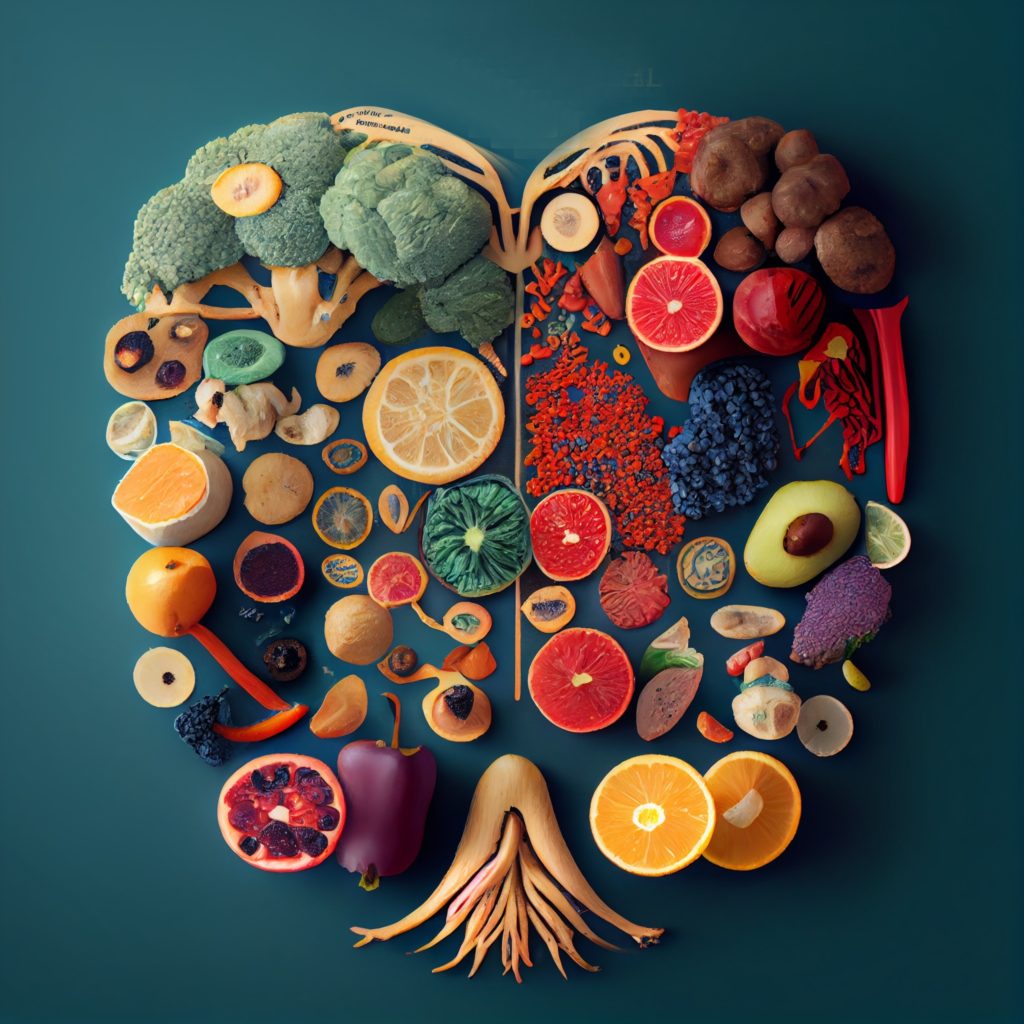Resources of Information Regarding Plant-based Diets

Introduction
In light of the current focus on plant-based eating, having access to reliable and comprehensive information is paramount to making an educated decision when considering such a lifestyle shift. This article provides readers with a variety of sources they can use to gain insight into plant-based diets, as well as useful tips to help them make the transition. By taking advantage of the resources outlined, readers can feel confident and secure in their decision to switch to a plant-based diet.

1. Benefits of Adopting a Plant-Based Diet
Switching to a plant-based diet can provide numerous advantages to your health. Research indicates that plant-based diets are linked with a decrease in a few essential factors for long-term illnesses, counting obesity and heart disease. There are several ways in which a plant-based diet can help to enhance your health. To begin with, plant-based diets are full of fiber and phytonutrients, which are beneficial for promoting gut health and allowing your body to get rid of toxins. Fiber helps to improve digestion and regularity, while phytonutrients, such as carotenoids, provide antioxidant protection and other health benefits. Secondly, these diets provide essential vitamins, minerals, and antioxidants that can help to reduce inflammation, which is the source of many chronic illnesses. By supplying your body with quality plant foods, such as fruits and vegetables, you can increase your intake of these important nutrients. Third, plant-based diets are generally lower in unhealthy fats, which is helpful for maintaining healthy cholesterol levels and decreasing the risk of heart disease. Healthy fats, like mono- and polyunsaturated fats, are available in plant-based foods, although in more limited amounts than animal products. Fourth, a plant-based diet is helpful for the environment. Eating fewer animal products and more plant-based alternatives can lead to decreased water use, animal suffering, and total greenhouse gas emissions. Lastly, plant-based diets are usually related with lower costs. Plant-based foods are frequently less expensive than animal products, which allows you to save money while still eating healthily. If you’re interested in studying more about the advantages of transitioning to a plant-based diet, investigate our library of resources for tips and facts about plant-based eating.

2. Challenges of Maintaining a Plant-Based Diet
Maintaining a plant-based diet comes with its own set of unique obstacles. Not only do people have to adhere to dietary restrictions, but they must also have a greater understanding of the food they consume to make sure they remain adequately nourished. Since animal products provide essential nutrients that are not as easily obtainable from plant-based sources, extra research is essential to make sure one’s health is maintained on a plant-based diet. A major challenge of a plant-based diet is ensuring the consumption of vitamin B-12. This vitamin is typically found in animal-based foods such as eggs, dairy products, and meats. As such, vegans and vegetarians have to supplement their diet with an appropriate source of vitamin B-12, like fortified breakfast cereals, tablets, or capsules. Another challenge of a plant-based diet is acquiring the nutrients needed from largely plant-based foods. For instance, Omega-3 fatty acids, which are important for brain and heart health, are often sourced from animals like fish oil. So, vegans may need to get this nutrient from plant-based sources like flaxseed oil. Additionally, it can be hard to get enough protein and iron from a plant-based diet. While legumes, nuts, and fortified grain products are some plant-based sources of these nutrients, they may not be enough to meet the required dietary intake. Furthermore, some plant proteins may be incomplete proteins and therefore do not provide all of the essential amino acids. Thus, vegans and vegetarians should combine legumes, nuts, and grains to ensure they have a complete source of protein. To sum up, plant-based diets are becoming more and more popular. However, it is important to be aware of the challenges that come with them. Doing the necessary research and supplementing the diet with the appropriate sources of essential vitamins and minerals is essential to maintain optimal health on a plant-based diet. Otherwise, deficiencies in essential nutrients may occur.

3. Finding and Using Information on Plant-Based Diets
When transitioning to a plant-based diet, it is important to consult with medical professionals and registered dietitians and to seek information from a variety of sources. Online websites, books, magazines, and food blogs all provide helpful advice, recipes, and tips. Additionally, connecting with others who have already made the transition to a vegan lifestyle is a great way to learn more about plant-based diets and get the most out of the experience. By researching and consulting experts, individuals can make an informed decision about plant-based diets and begin a healthful and sustainable vegan lifestyle.
